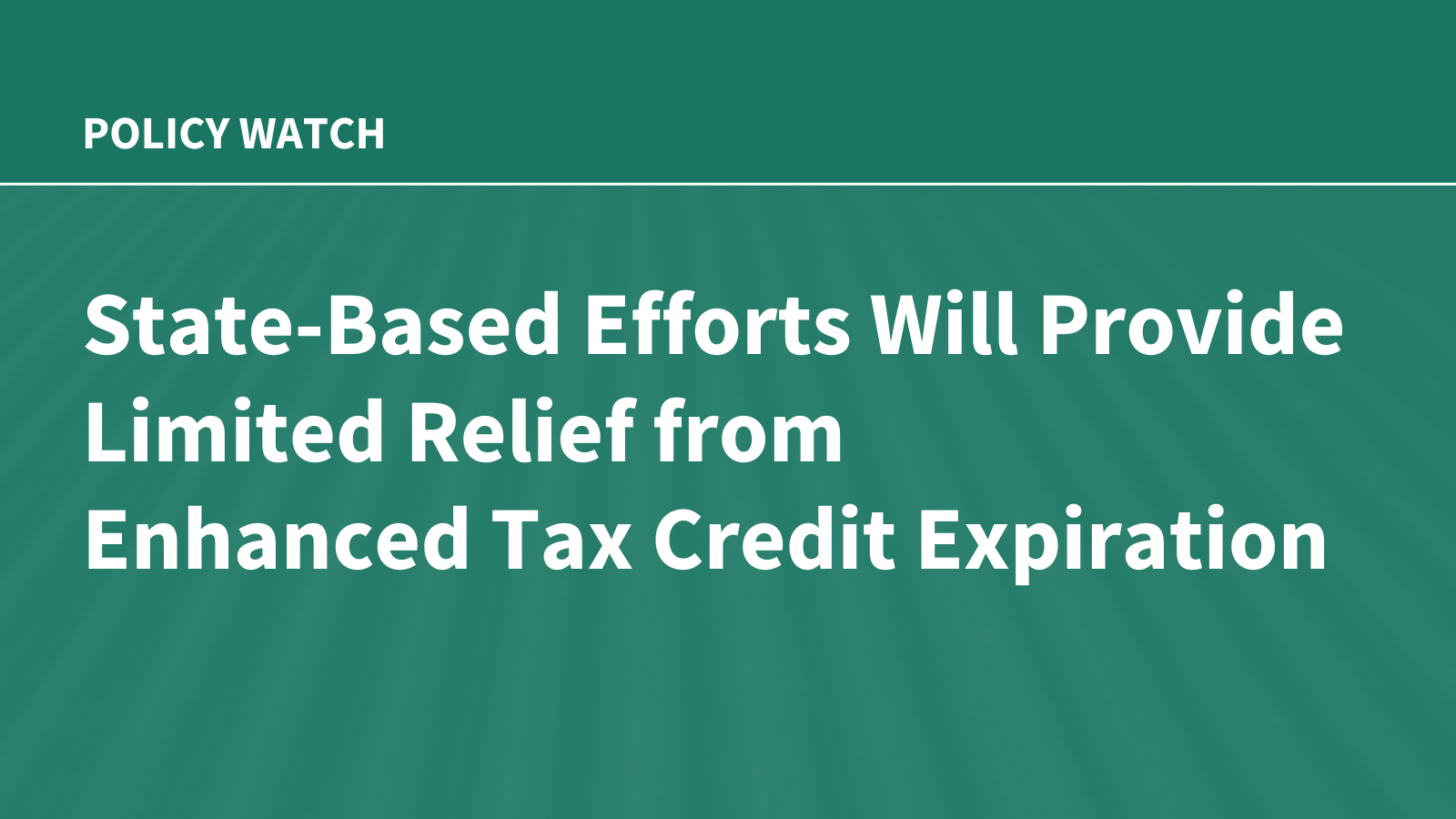There are surprising connections between being grateful and doing well with your money. And when you combine gratitude with a clear financial plan, you get something powerful: more calm, better choices, and a higher chance of reaching the future you want.
What the Research Says About Gratitude and Money
Being grateful has so many benefits. However, it may surprise you that significant research suggests that feeling and practicing gratitude can actually support better financial decisions.
1. Gratitude helps us delay gratification
In one experiment, participants could choose $54 now or $80 in 30 days. Those who were put into a grateful state of mind (by recalling something they were thankful for) were significantly more willing to wait for the larger, later reward than people who felt neutral or just generally happy.
In other words, gratitude made people more patient and less impulsive with real money on the line. Follow-up summaries of this work show that more grateful people tend to be less impatient in economic decision-making overall.
That’s the heart of long-term planning: trading “right now” for “later” in a way that still feels good.
2. Gratitude reduces materialism and “never enough” thinking
Studies with adolescents have found that when gratitude is actively encouraged, materialism drops and generosity increases.
Materialism, chasing status, stuff, and comparison, has been linked to lower well-being and more stress about money. When gratitude goes up, that “I’ll be happy when I have more” mindset softens. That’s not just an emotional shift; it changes how people spend, save, and give.
Emerging research on “the grateful consumer” finds similar patterns for adults: gratitude is associated with better financial decision-making, more prosocial giving, and healthier consumption behavior.
3. Gratitude nudges us toward more thoughtful financial choices
Recent finance-focused research looked at how gratitude reminders affect charitable giving. When people were prompted to reflect on “three good things” in their lives (a classic gratitude exercise), their intentions to give increased. But when the reminders were framed narrowly around financial good things, the effect was weaker or even negative.
The takeaway:
- Broad, whole-life gratitude seems to open people up,
- While hyper-focusing only on money can pull us back into worry or scarcity.
For planning, that suggests we make our money choices in the context of a bigger, more grateful view of life—not just spreadsheets and account balances.
So, How Do You Apply Gratitude to Financial Planning?
Gratitude won’t magically grow your 401(k). The fundamentals still matter—your income, health, caregiving responsibilities, housing costs, debt, and the dozens of structural factors that shape your financial reality. But gratitude does influence the part of planning you can actually control: the decisions you make today and the discipline you bring to them.
A grateful mindset helps you slow down, focus on what matters, and reduce the pressure to constantly “catch up.” It shifts planning from fear-driven (“I’m behind”) to values-driven (“Given what I already have, what’s the next right step?”).
That’s where mindset turns into meaningful action:
- Patience → sticking with your savings plan instead of raiding it for every short-term temptation.
- Less materialism → fewer “because everyone else has it” purchases, more spending on what truly matters to you.
- Better decision-making → aligning your money with your values (family, freedom, flexibility, generosity), not just chasing numbers.
A good plan gives you a clear picture of what’s possible. A grateful mindset helps you make the trade-offs and stay with them.
Together, they shift the question from “Will I ever be okay?” to “Given what I already have and what I can control, what’s the best life I can build?”
A good plan gives you clarity about what’s possible. Gratitude helps you make the trade-offs and stay with them. Together, they move you from “Will I ever be okay?” to “What’s the best life I can build with what I already have and what I can control?”
Here are three small ways to weave that mindset directly into your planning:
1. Start your planning session with “three good things”
Before you check your plan or accounts, jot down three things you’re grateful for—not just about money: a relationship, your health, a skill, a second chance, time with someone you love. That broader gratitude is what research suggests supports better, more patient decisions.
Then look at your plan from that place: “Given all of this, what’s the next right financial step?”
2. Notice your “enough” moments
Once a month, reflect on one or two financial decisions you’re grateful you made.
This practice counters the constant feeling of being behind and reinforces that your past planning already changed your life, even if you’re not “done” yet. That makes it easier to keep investing in your future self.
3. Put your values—and generosity—into the plan
Even a small line item for giving, supporting family, or contributing to a cause can make your plan feel more meaningful and less like deprivation.
That meaning matters. People are more likely to stick with plans that reflect who they are, not just what they “should” do.
Explore questions to help you understand your values and attitudes about money to live happier.
The Boldin View: Math + Meaning + Mindset
At Boldin, we believe financial planning is more than optimizing numbers. It’s about:
- Understanding what you have and what you can affect
- Seeing your future clearly enough to act today
- Connecting your money to the life you actually want to live.
Gratitude doesn’t replace a plan. But it changes how you show up to the process: a little less scared, a little more grounded, and better able to choose long-term wellbeing over short-term noise.
If you’re ready, this season is a great time to do both:
- Take a moment to notice what’s already here
- Build or update a plan that helps you protect it, grow it, and use it well
About Boldin
Boldin is shifting financial power into the hands of individuals to improve financial confidence and outcomes. We empower people to manage a retirement plan that they can understand and trust. Our Retirement Planning software puts you in control of your future—while our coaching, classes, and access to expert advice from CFP® professionals at Boldin Advisors ensure you don’t have to do it alone.
Whether you’re planning for retirement, navigating life transitions, or just trying to make smarter financial decisions, Boldin combines clarity, confidence, and affordability to help you move forward with purpose.
Publisher: Source link










